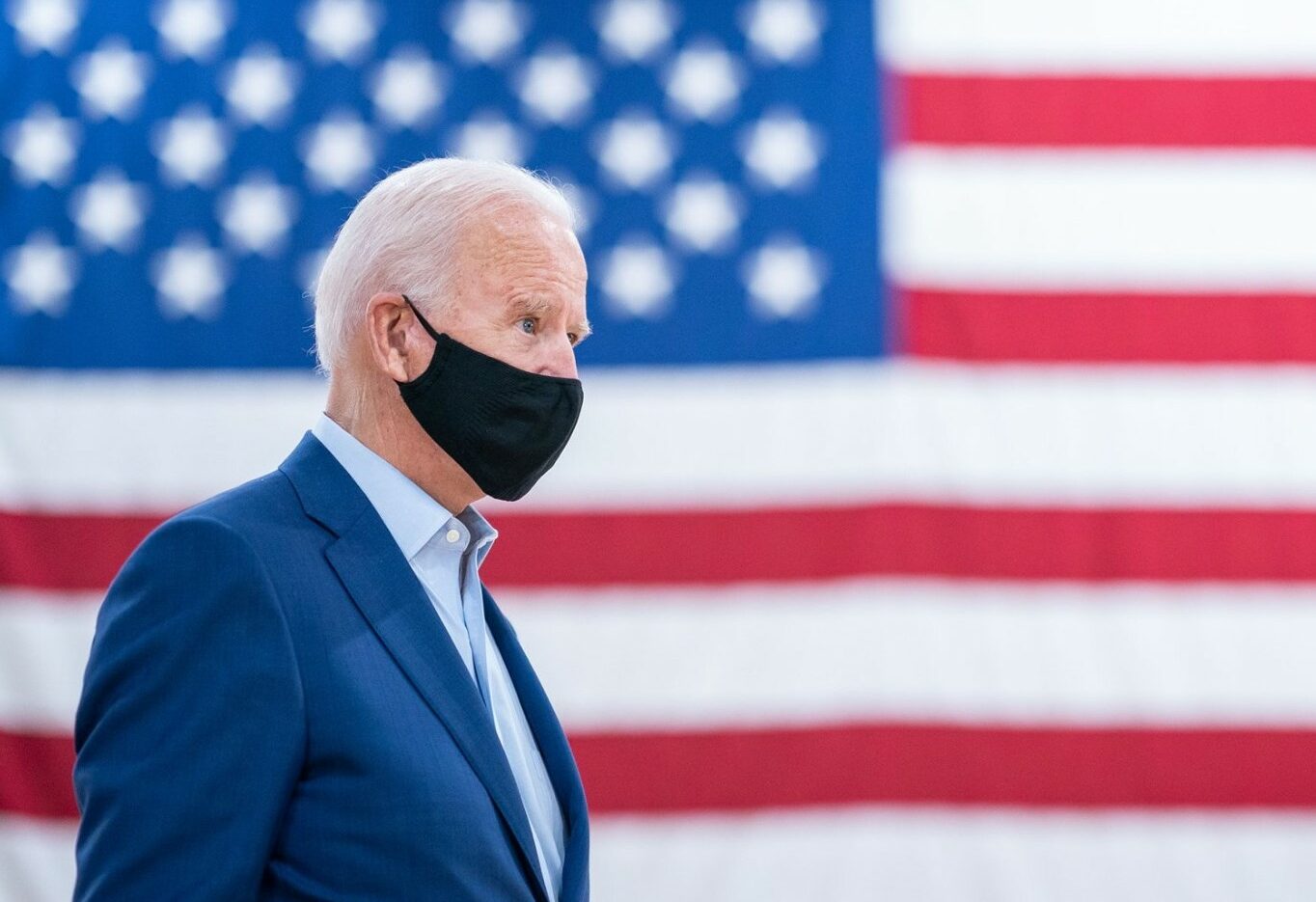How Biden will move in Egypt, Libya, Tunisia and Morocco

What will change with Biden in US relations with Egypt, Libya, Tunisia and Morocco. The analysis by Dario Cristiani, IAI / GMF fellow at the German Marshall Fund in Washington, on International Affairs
Historically, Mediterranean Africa has never been a priority for the United States. Certainly, some dynamics continue to worry the Americans and push Washington to try to maintain even a minimal capacity to contribute to the definition of local equilibrium. For example, the fight against terrorism, or the obvious attempt, both Chinese and Russian, to penetrate the region.
Net of these dynamics, the importance of this space in American strategy is destined to remain marginal even during the presidency of Joe Biden, although there will be some element of evident discontinuity with Donald Trump. On a more granular analysis, among the actors of Mediterranean Africa there is only one country that has a truly significant strategic value: Egypt, which remains much more important than the countries of the Maghreb bloc.
THE ROLE OF EGYPT
Much has been said about the relations between Trump and Abdel Fattah al-Sisi, with the former once calling the latter "my favorite dictator". Net of this personal relationship, Cairo remains a fundamental ally in the entire Mediterranean area: a pillar of regional peace with Israel, it is also indispensable for its geographical position and control of the Suez Canal. The relationship between the Americans and the Egyptian military has remained almost stable over the last 40 years, despite the fact that Egypt has never been a champion of respect for human rights.
This centrality will hardly change. What will change will be the characterization of the relations between the White House and the Egyptian leadership and, in light of certain dynamics, the potential value of al-Sisi in the eyes of Washington, with someone in the United States worried about the increasingly evident internal cracks in the country. That the Egyptian leadership is aware that with Biden the blank checks it received from Trump will not be currency is evident – just look at the speed with which al-Sisi congratulated the newly elected American president or the contract with the Brownstein Hyatt. Farber Schreck for lobbying in Washington signed exactly the next day.
Less compliance on issues related to human rights and democracy; a slightly higher risk of having Egyptian military funds partially cut if the repression becomes too evident; a rebalancing of the American position on the dispute with Ethiopia after Trump's pro-Cairo excesses; a more normal institutional relationship, but no traumatic change.
THE LIBYA DOSSIER
During Trump's mandate, Egypt's influence was also clearly evident with respect to Libya. In April 2019, Trump surprised everyone with a phone call in support of warlord Khalifa Haftar's military operation against Tripoli, probably inspired by Egyptian and Emirati allies. Also in this context, Biden will reduce personal excesses and institutional discrepancies. There will be diplomatic normalization, stronger support for the UN-run peace process, and greater alignment between the White House, the State Department and the Pentagon in supporting the Tripoli government.
That said, it is unlikely that there will be a radical change in the approach to conflict and commitment, diplomatically and militarily. In continuity with the past, Libya will continue to be seen mainly through the perspective of the fight against terrorism, and as a space in which to monitor the actions of Russia and other regional actors.
SUPPORT FOR TUNISIA
With the exception of Egypt, Trump has shown that he does not consider the rest of North Africa at all, unlike the American apparatus: the State Department, the Pentagon, Congress have taken a different approach, certainly never evaluating the countries of the Maghreb as crucial, but not for this ignoring them tout court.
At the end of the mandate, between September and October, the resigning Defense Secretary, Mark Esper – who had more than one friction with President Trump during the mandate – visited Tunis, Algiers and Rabat, concluding two ten-year cooperation agreements in the security sector with Tunisia and Morocco.
Compared to Tunisia, Trump for years has tried to cut bilateral economic aid, finding a bipartisan wall in Congress, which actively supports the transition and democratic consolidation of the country and which instead has increased these funds. The State Department and the Pentagon have consistently supported a country that, in the last period of the Obama administration, obtained the status of "major non-NATO ally". Not only in the security sector, but also in less banal areas: one example among many, the funds for the restoration of the Roman amphitheater of El Jem.
NO SURPRISE IN SIGHT
Some of the priorities announced – multilateralism, support for democracy and human rights, combating climate change – could lead to a slightly greater attention of the White House than some countries in the area. Think, for example, of Tunisia with respect to the issue of support for democracy, or Morocco as a potential African champion in the development of renewable energies, and which could find the administration's interest sparking also with respect to a possible strengthening of economic cooperation.
Therefore, no radical shock is expected, indeed there will probably be continuity with the standard guidelines of American foreign policy with respect to the North African space – Egyptian centrality, Maghreb marginality – albeit with some adjustments and some, potential, elements of novelty.
This is a machine translation from Italian language of a post published on Start Magazine at the URL https://www.startmag.it/mondo/biden-egitto-libia-tunisia-marocco/ on Sun, 29 Nov 2020 06:48:16 +0000.
